9280 Tags
wwii
20 Articles
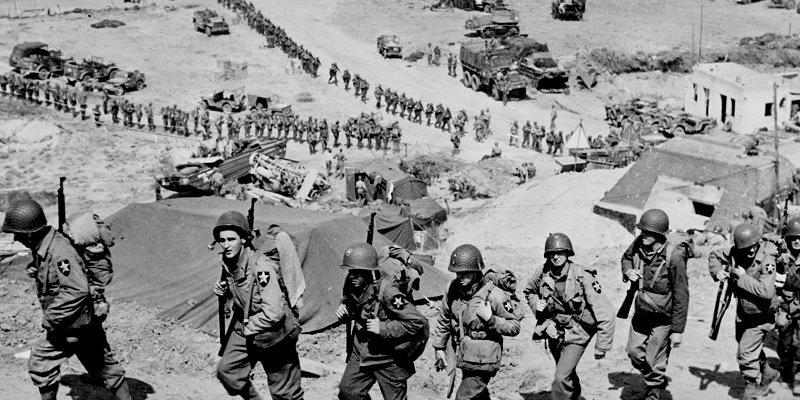
Recently declassified records outline the psychological warfare aspect of D-Day
Formerly TOP SECRET records in Central Intelligence Agency’s archives, only declassified in 2013, outline the Office of Strategic Services plan to wage psychological warfare against Nazi Germany ahead of the D-Day invasion.
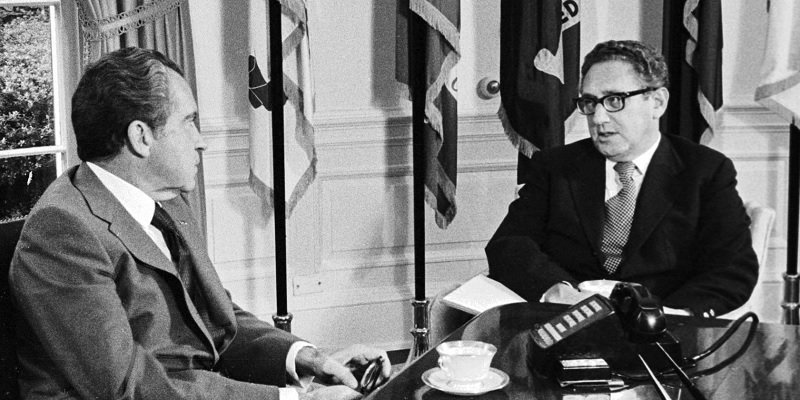
CIA’s report on the “The World Situation in 1970” shows a shift in focus towards soft power
The Central Intelligence Agency’s “The World Situation in 1970” report was a strange mixture of realistic concerns, candid admissions, and forced optimism. In one of its more realistically optimistic moments, the CIA reported that the Soviets believed “rational Americans” would want a stable Europe. In response, President Richard Nixon asked if anything could be done to “cause more trouble” instead.
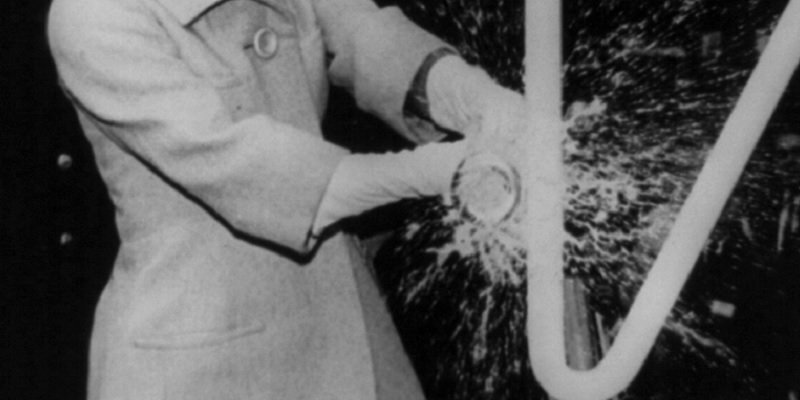
Read the US Navy’s 1975 guide to christening ships
A copy of the US Navy’s 1975 guide to “Christening, Launching, and Commissioning” ships uncovered in the Central Intelligence Agency’s archives offers a fascinating history of the surprisingly rich tradition of ruining a perfectly good bottle of champagne.
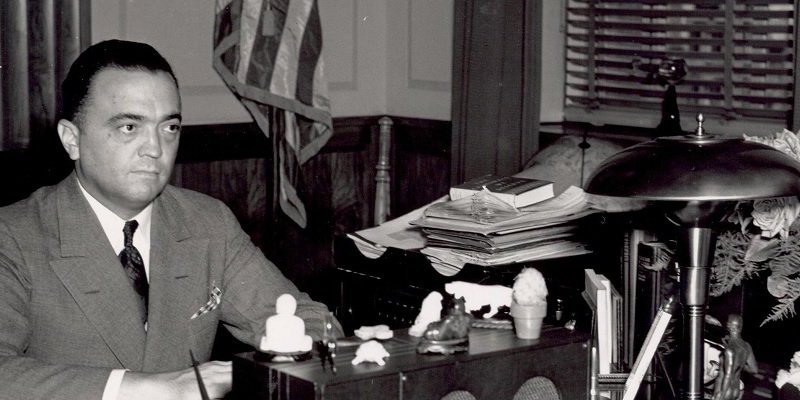
The postcard that pitted the ACLU against the FBI
The recently released Federal Bureau of Investigation file for former head of the American Civil Liberties Union Roger Baldwin document numerous times the groups came into conflict with each other. One notable incident, related to the Bureau’s wartime “Postal Censorship” program, led to a testy exchange between Baldwin and FBI Director J. Edgar Hoover after the Bureau investigated the writer and pioneering Libertarian Rose Wilder Lane over her comments on a postcard.
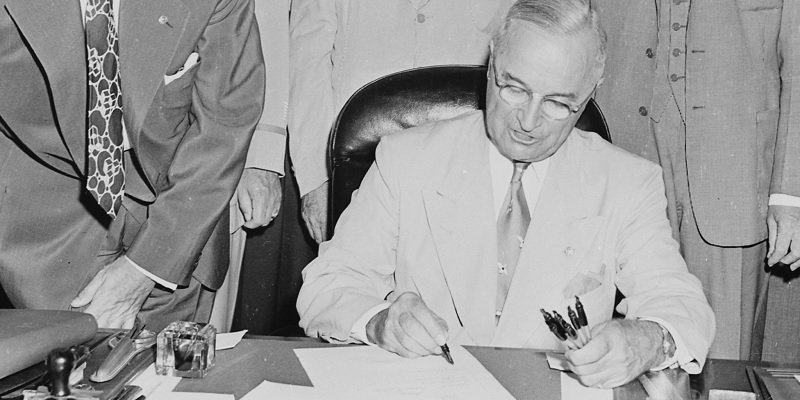
CIA internal history blamed interagency conflicts on the National Security Act being “purposefully vague”
As part of MuckRock’s ongoing project to declassify and collect internal Central Intelligence Agency histories, the Agency recently released a copy of the history on coordination between inbetween intelligence agencies in the aftermath of World War II. The history outlines various “turf wars,” some which predate the Agency itself, which were the result of disagreements about what the law said and who had what responsibilities. According to the history, many of these disagreements and differing interpretations stemmed directly or indirectly from the language of the National Security Act of 1947, which both established and empowered the CIA, as being “purposefully vague.”